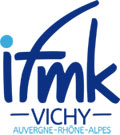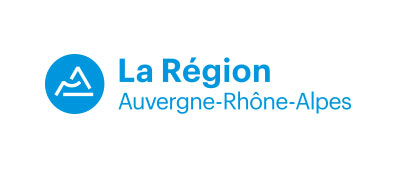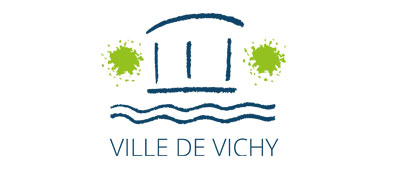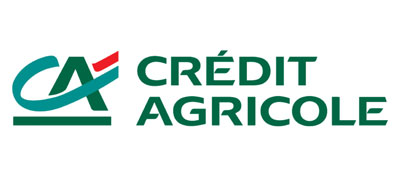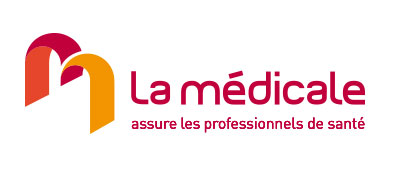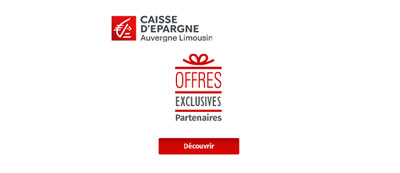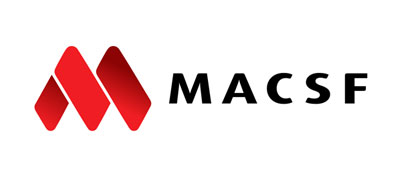This 1st year at IFMK Vichy is part of the first cycle of training at the Institute (K1 and K2). It comprises 12 Teaching Units (UE). The first 4 UEs constitute the fundamental teachings such as Public Health, Humanities and Social Sciences and Life Sciences. The 6 and 7 UEs provide an introduction to physiotherapy sciences. The 8 to 12 UEs represents training in technological and practical learning. UE 11 is dedicated to clinical internships.
Teaching is provided through lectures or tutorials. An important part of personal work is required of the student so that he integrates and appropriates the process of acquiring knowledge and skills. The new organization of the curriculum includes the personal working time necessary for learning. This aspect facilitates the active involvement of the student and invites the trainer to "orchestrate" his pedagogical sequences in an innovative way. All these behavioral changes are explained and shared with the pedagogical manager and the general management. In line with the general commitments set out above, the IFMK considers that the first year 6 and 7 EUs are the key pieces of the fundamental practical learning to be acquired during the first cycle of training. As a result, the courses provided are improved and the technical evaluation methods redefined. The level of requirement is increased in order to bring the student to acquire a sufficient technological gesture at the end of the first cycle allowing him a quality transfer on the care for which he will be partially responsible during the clinical internships of the second cycle of training.
The first axis is represented by the technological and gesture mastery associated with a problem-solving methodology and the acquisition of fundamental theoretical knowledge that will later allow the student to build relevant therapeutic care strategies.
The second axis of the first-year pedagogical project remains the acquisition of methods and tools enabling the capacity to handle the complexity of a higher education professionalizing in alternation. It is important, in addition to the acquisition of fundamental theoretical knowledge, that the student engages in a process of knowledge production. These written and/or oral productions should be based on a methodology of documentary research and academic literature analysis. These productions will be used in part for the evaluation and validation of certain EUs. In addition to the virtues of appropriation of knowledge, these productions also facilitate group work, a source of sharing and of human resources management. Indeed, young first-year students from a very selective competition are reluctant to share and complement each other. This is why this work begins right during the first semester.
The third axis of the first year project remains the acquisition of fundamental knowledge on the methodologies of evaluation approach usable by the physiotherapist. We are convinced that the implementation of the elements of the clinical evaluation process, both at the patient level and at the level of professional practices, must be early. A large place is given to the clinical examination, the approach and the training of the physiotherapist. In addition, the different typologies of evaluation approach are developed (research, clinical evaluation, human sciences...)
The last axis of the project is to shed light on the professionalization path of our students. The fundamental elements dealt with concern professional identity, professionalization as well as professional bodies (professional order, trade union,...). This is taught as part of UE 2 (human and social sciences) and UE 11 (clinical internships). Two clinical internships with a total duration of 6 weeks are organized in each of the 2 semesters of the first year.
Each student works with a referent tutor who allows him to better understand both the situations of clinical internships encountered and the links he must create with the provided UE within the IFMK.
UE assessment and validation:
First-year UEs are assessed and subject to validation. The rules are specified in articles 9 to 14 of the decree of 2 September 2015.


